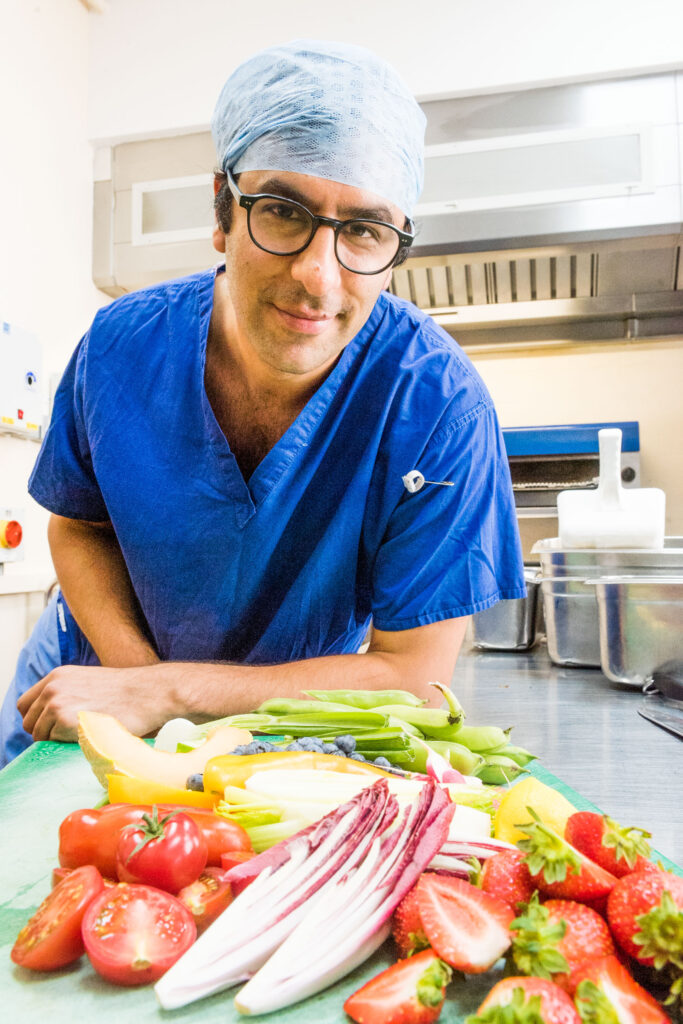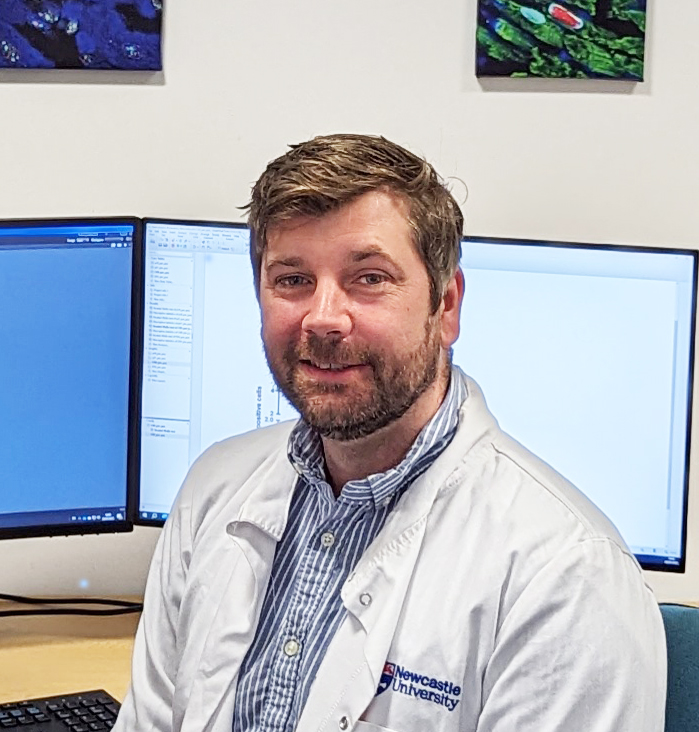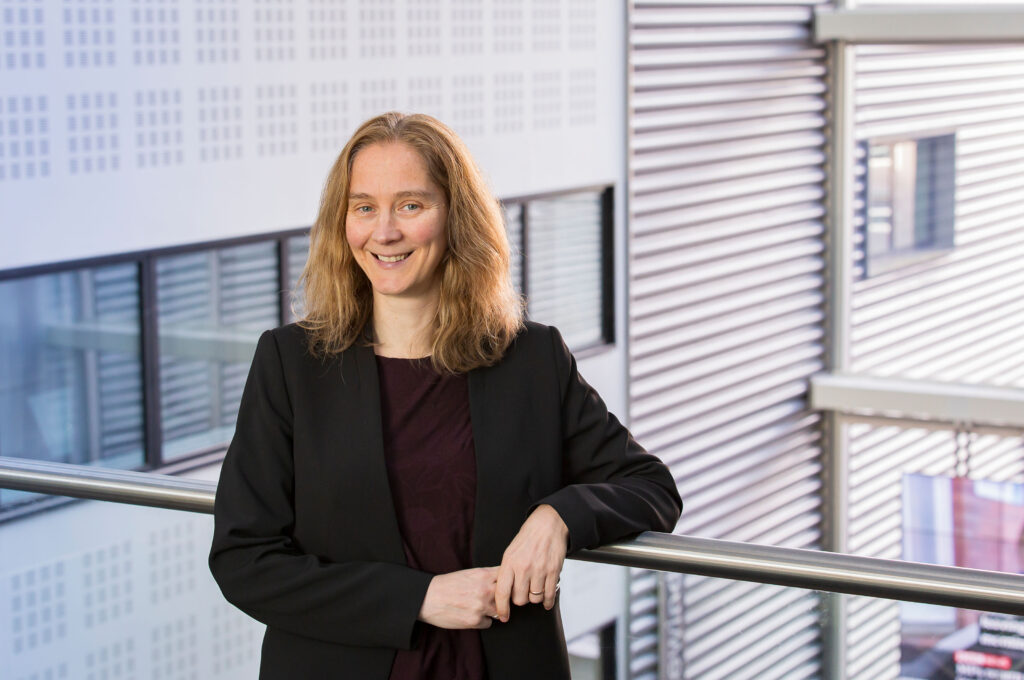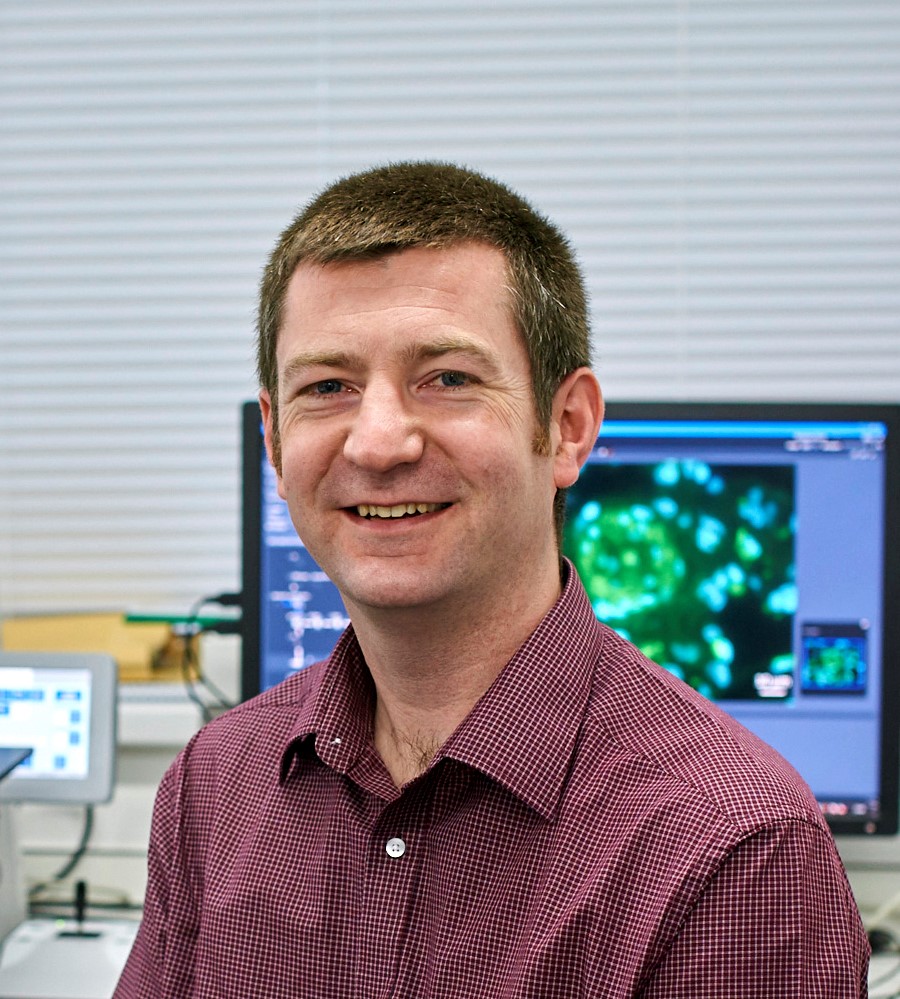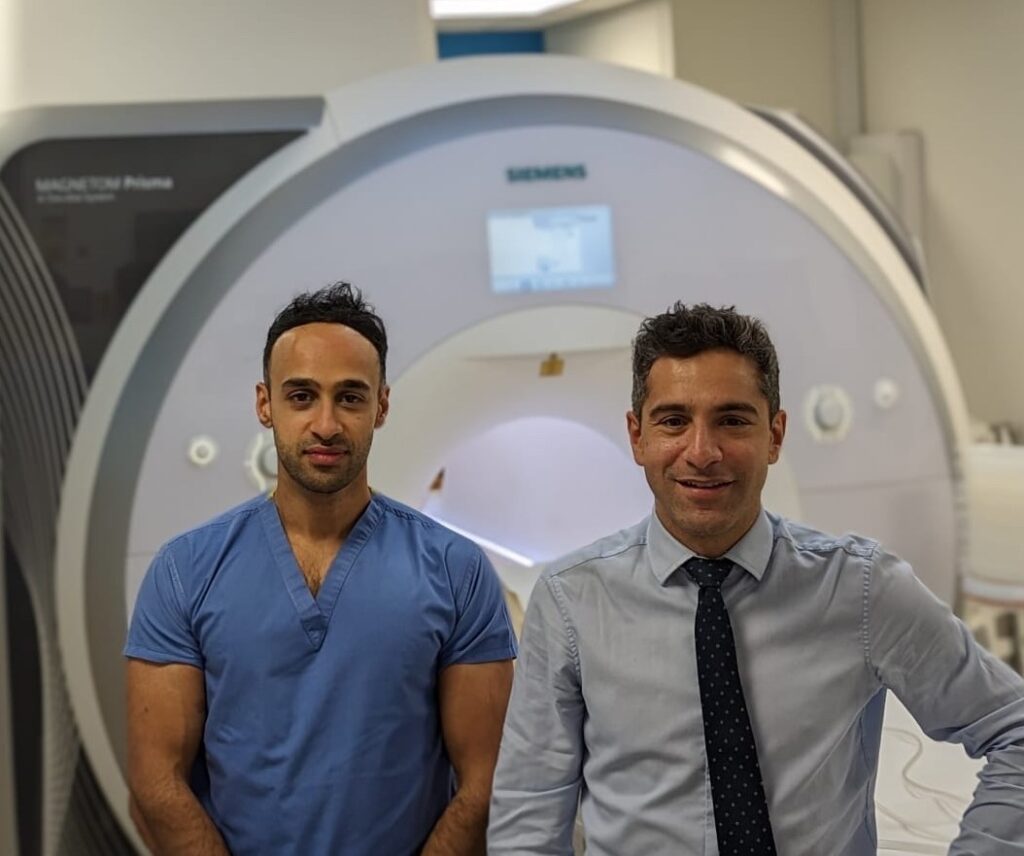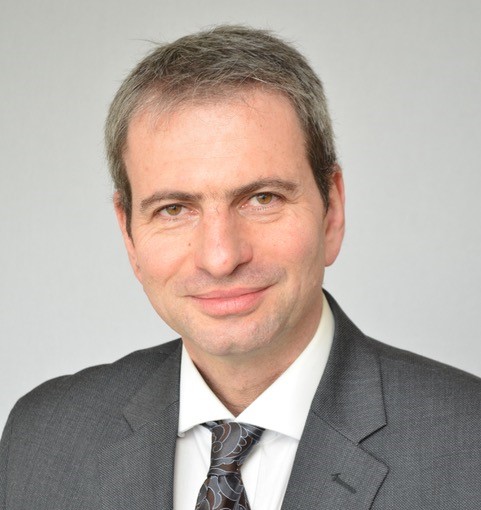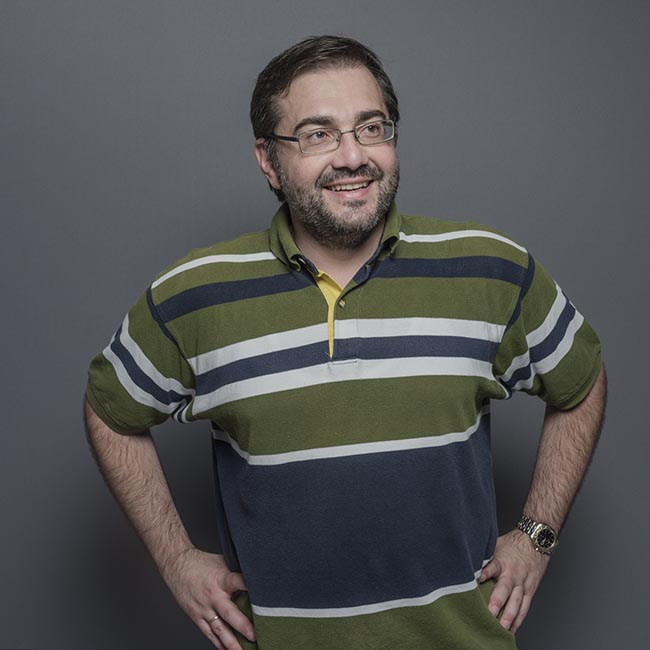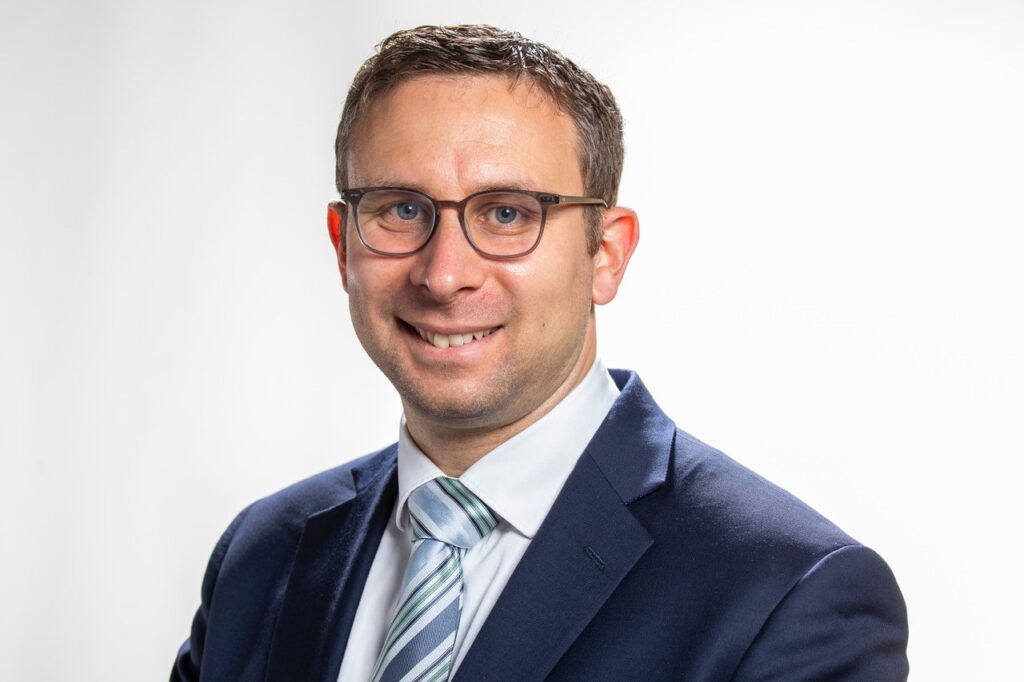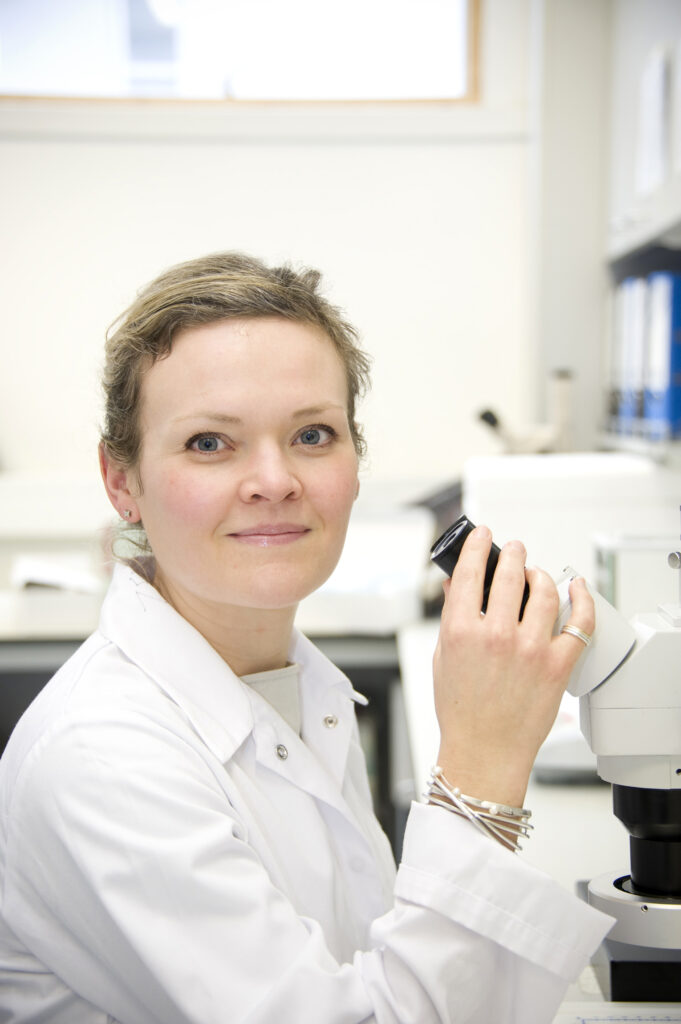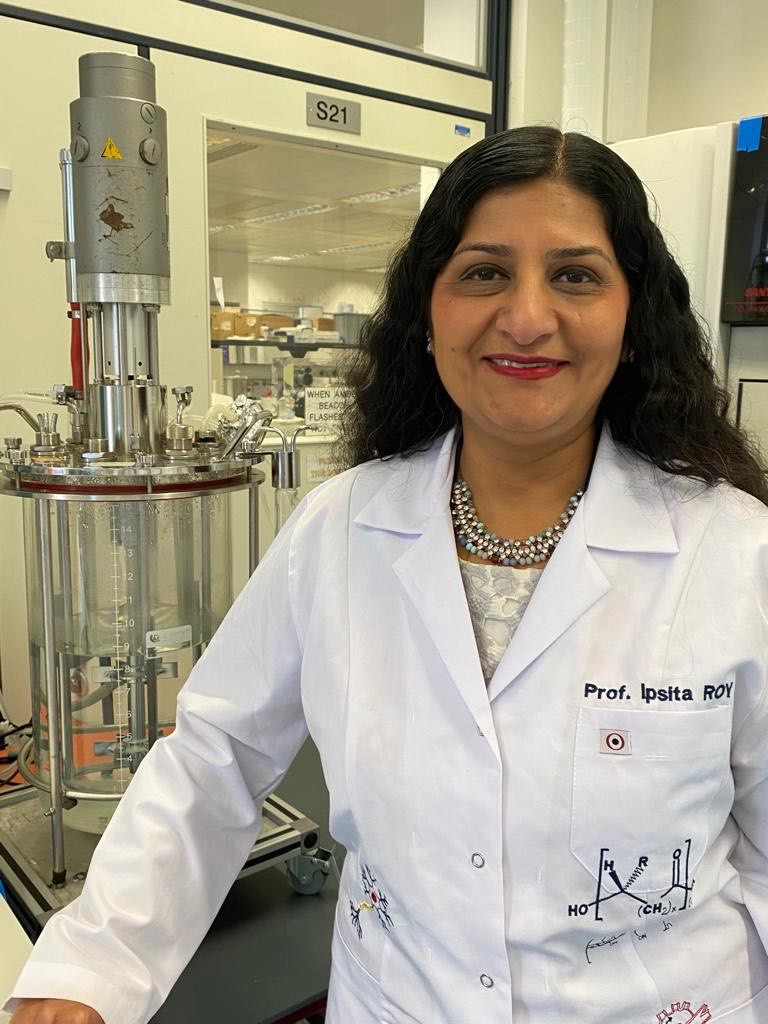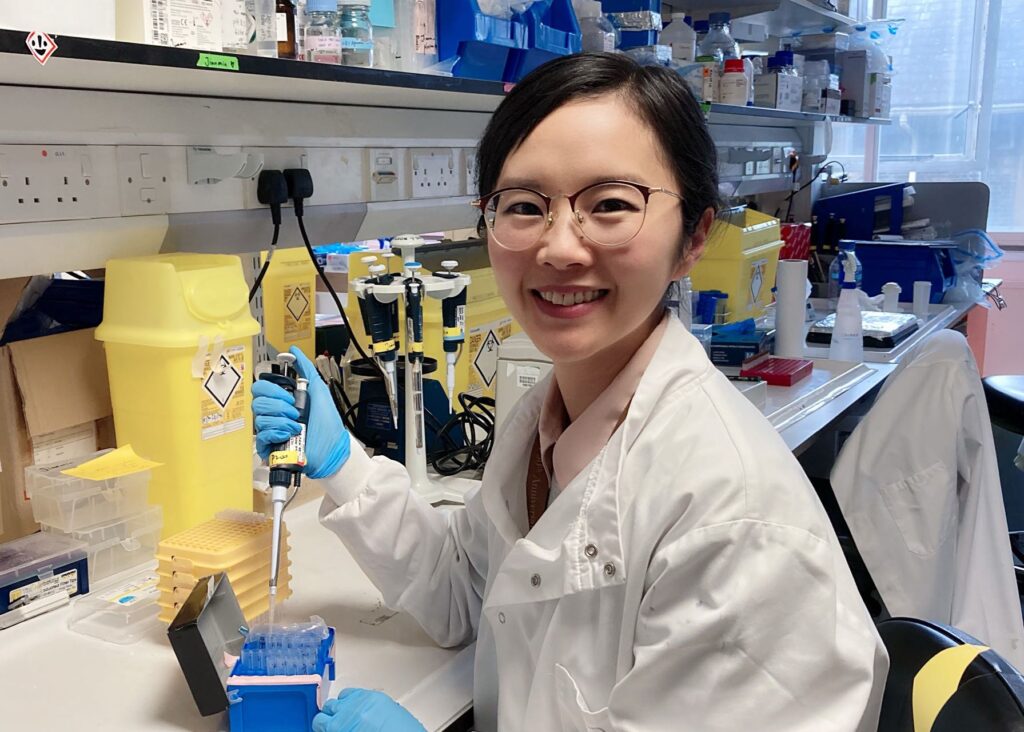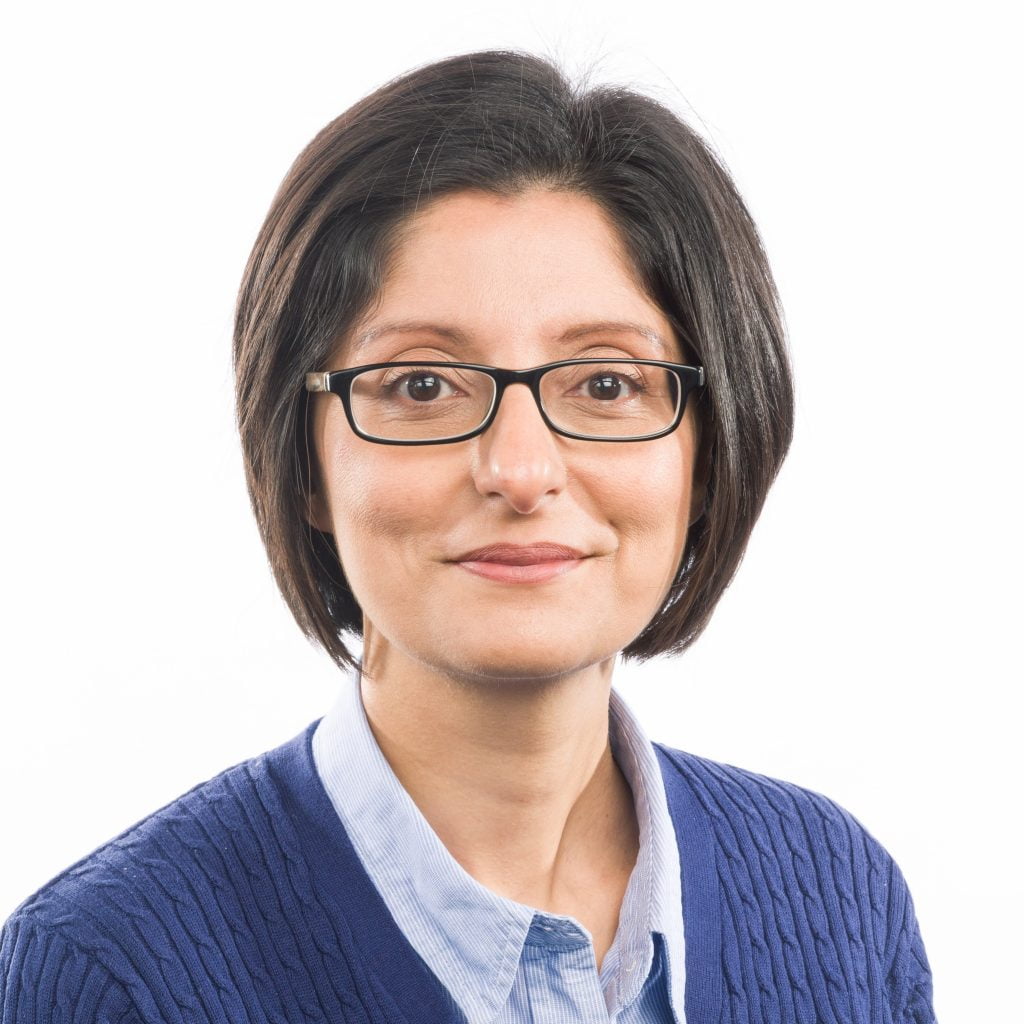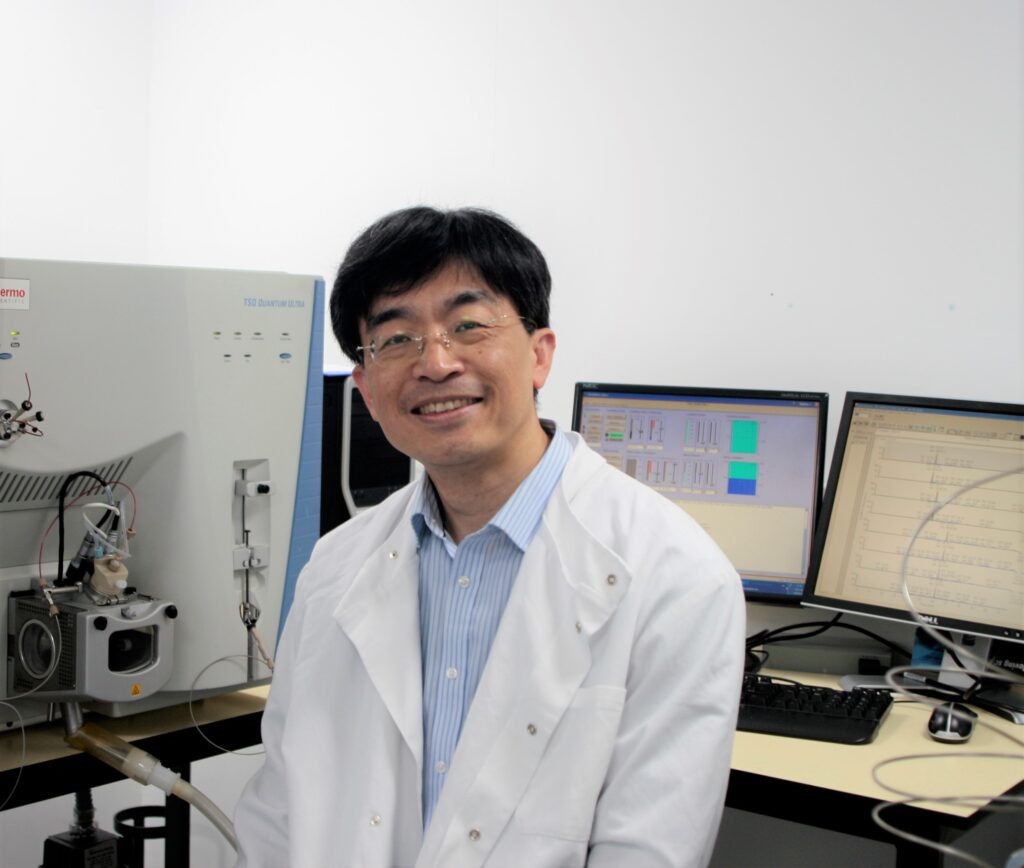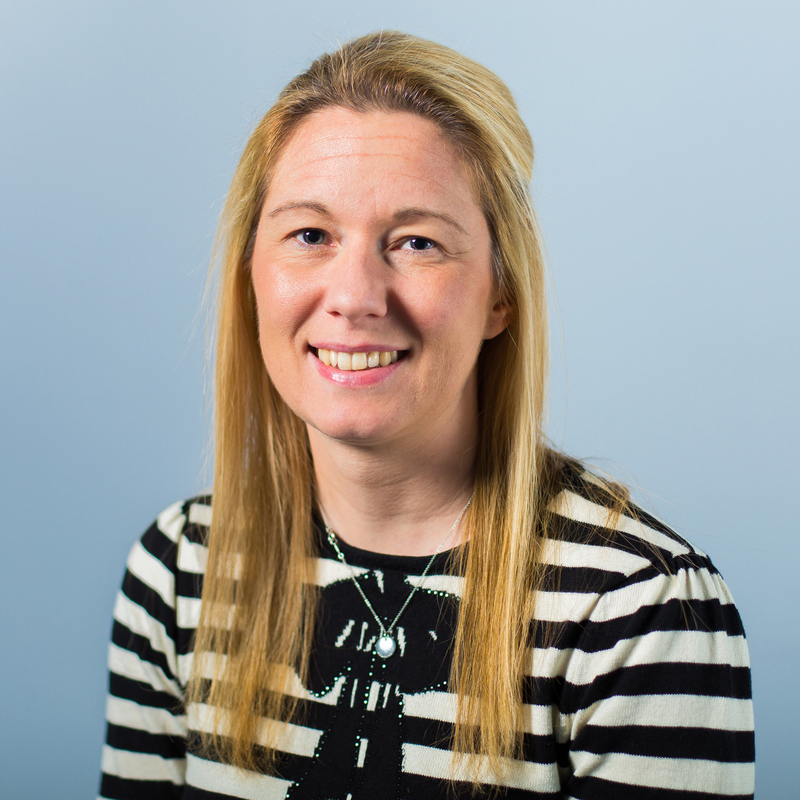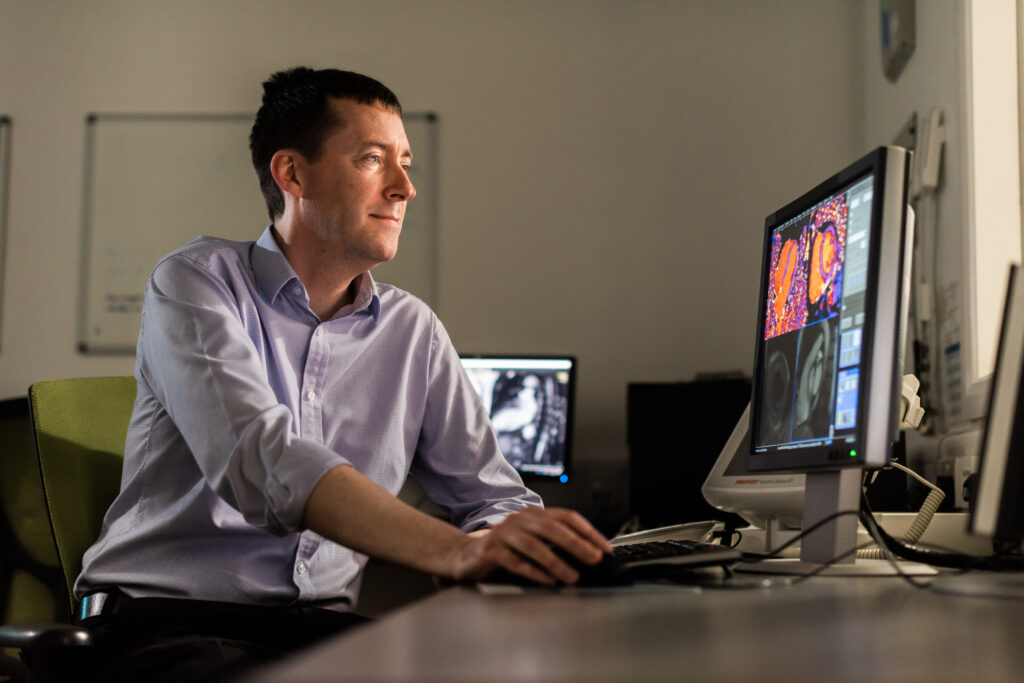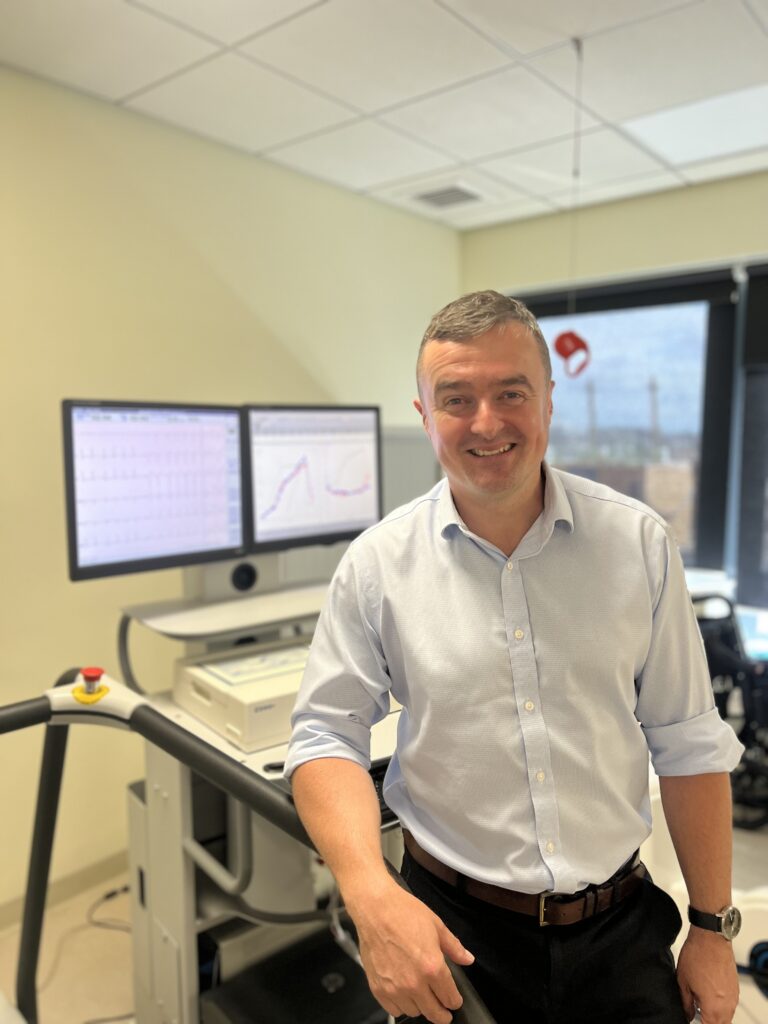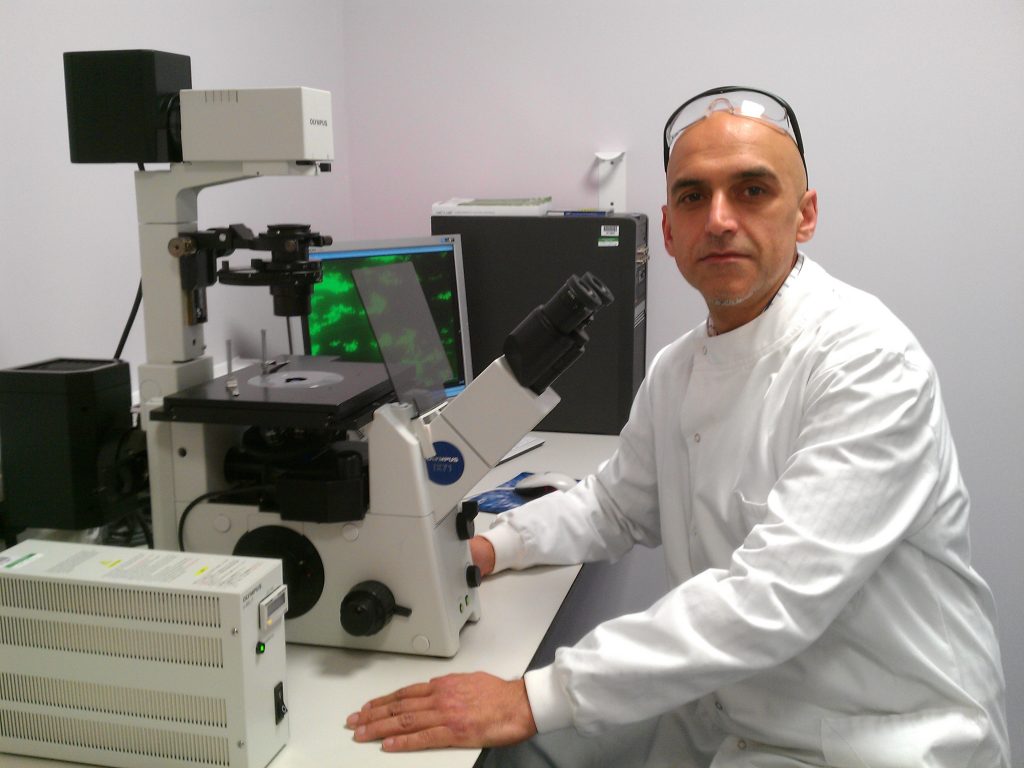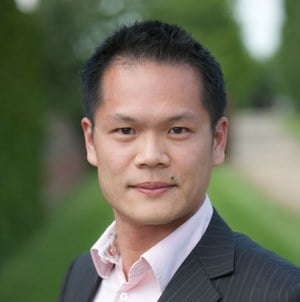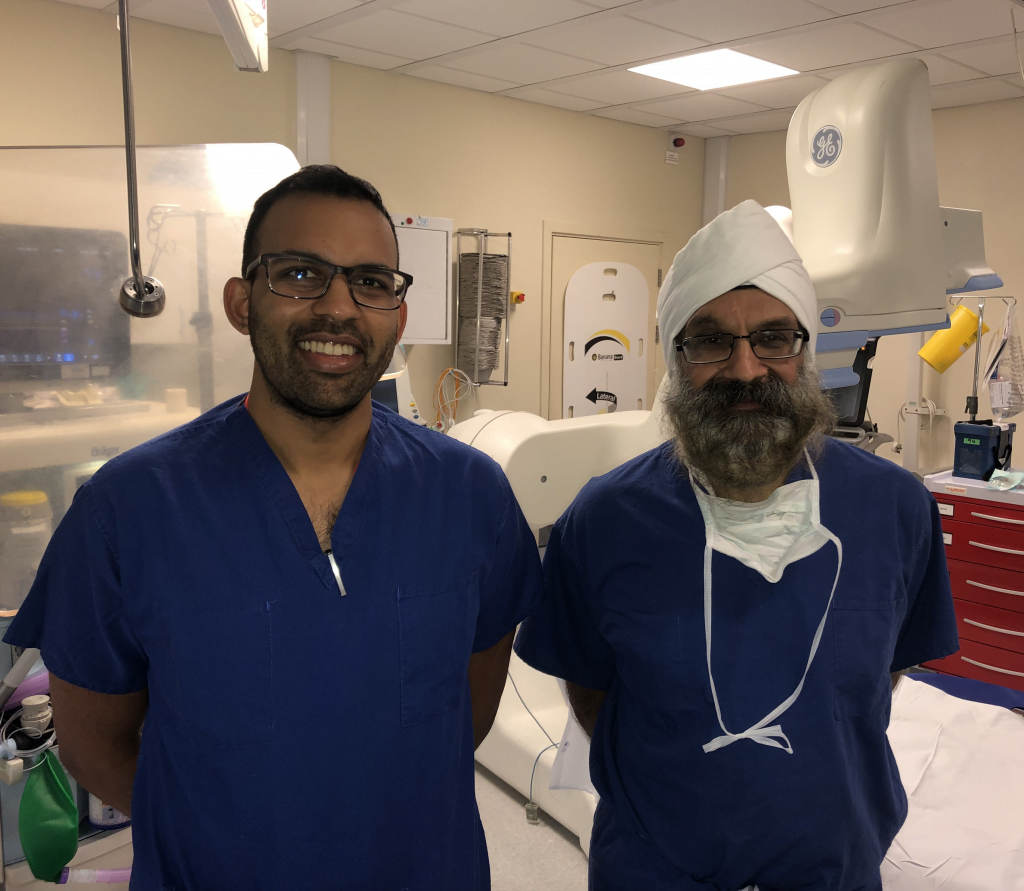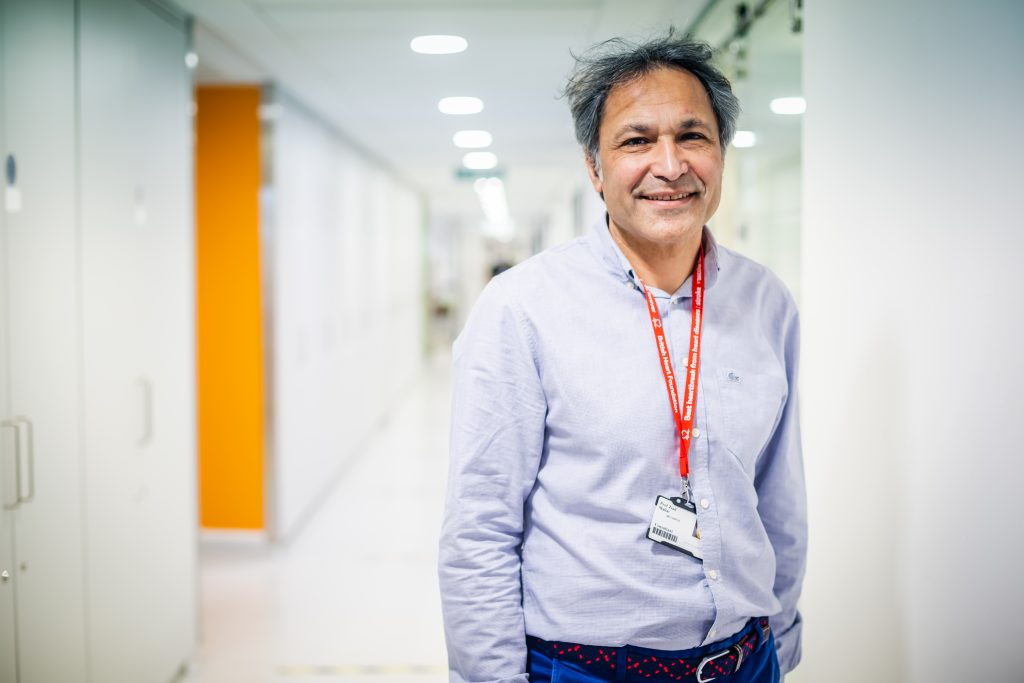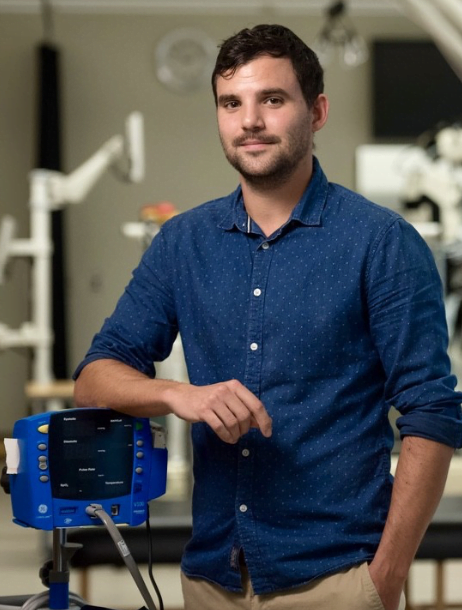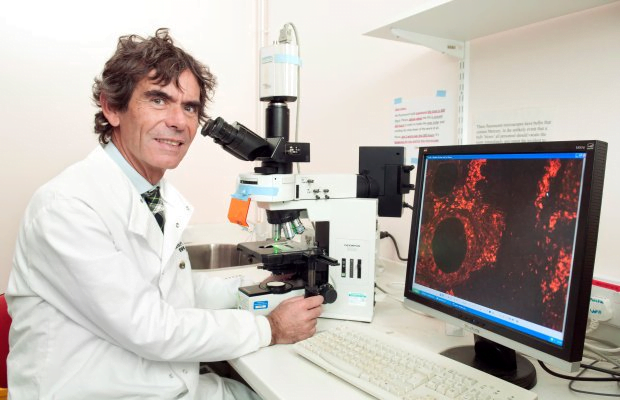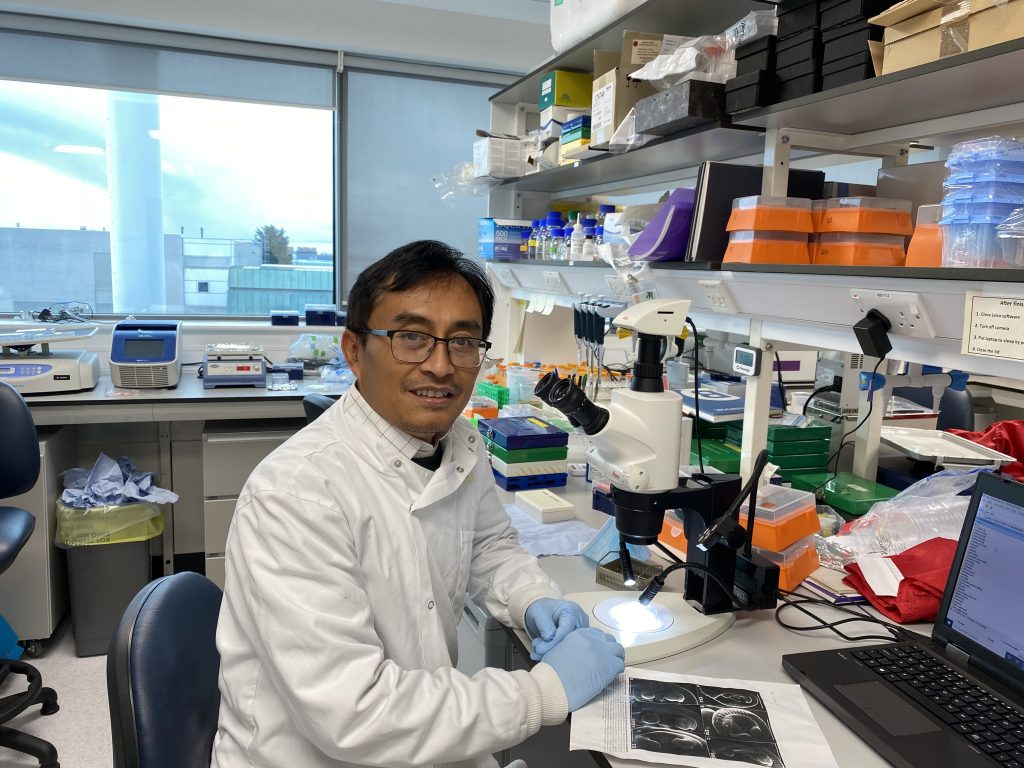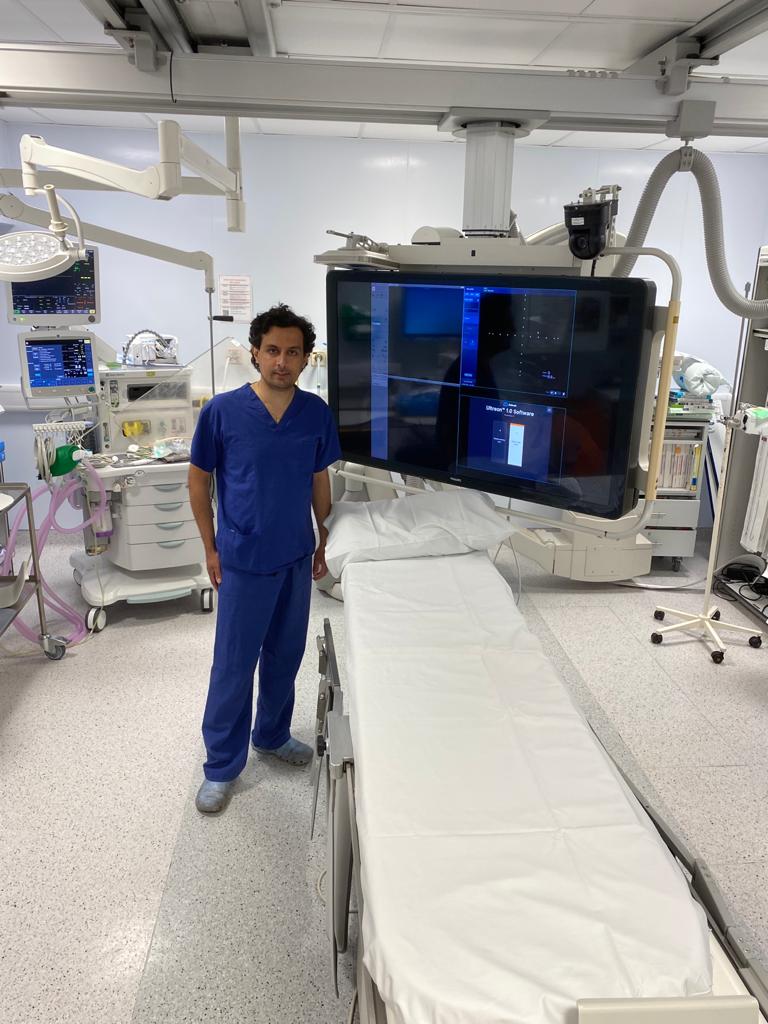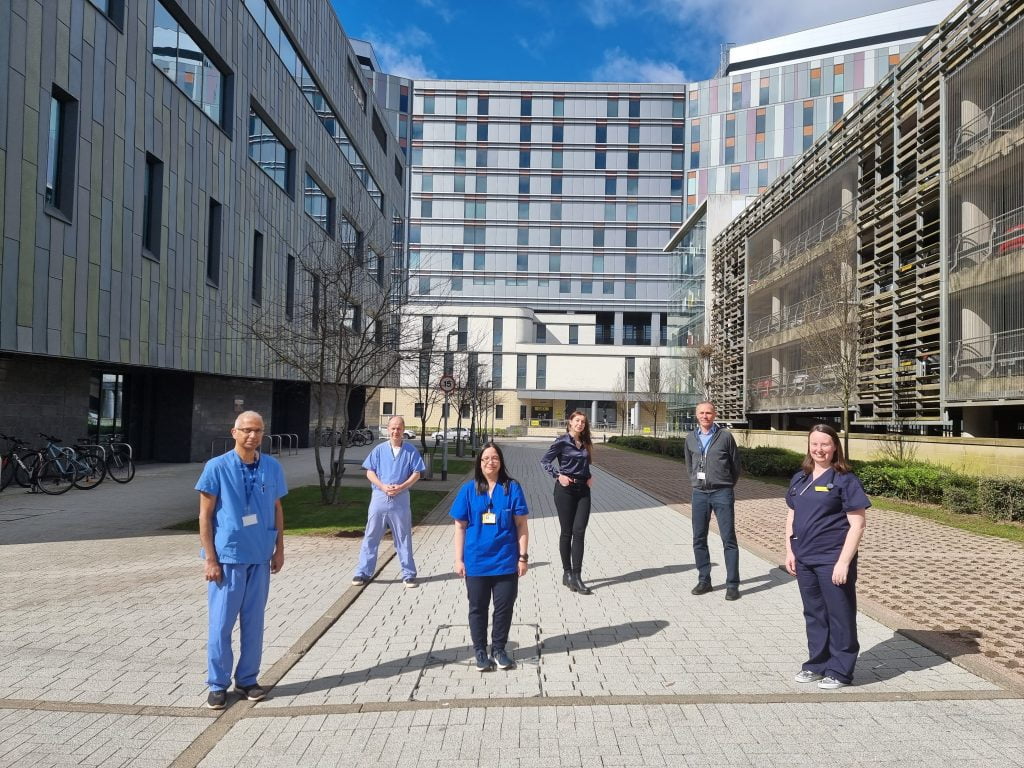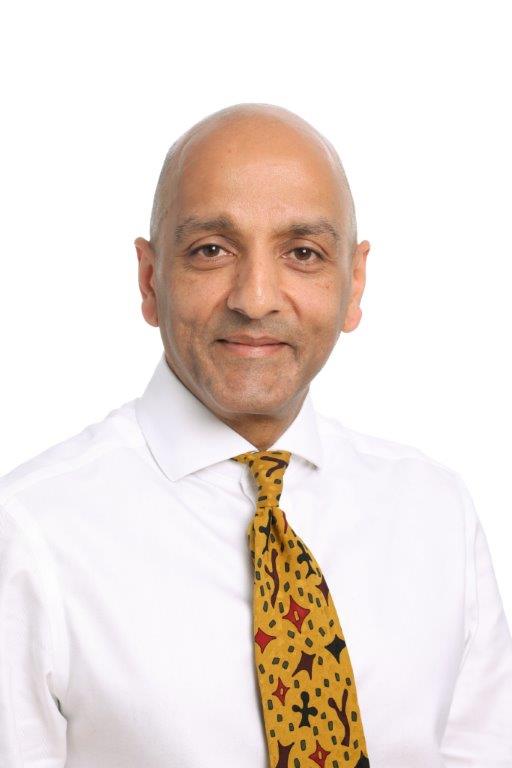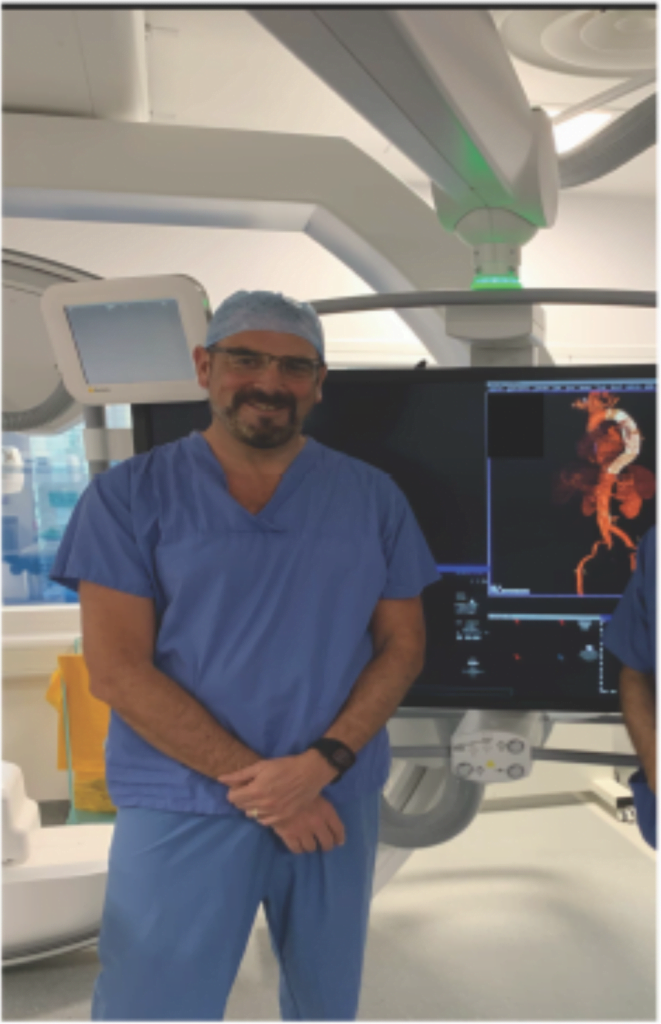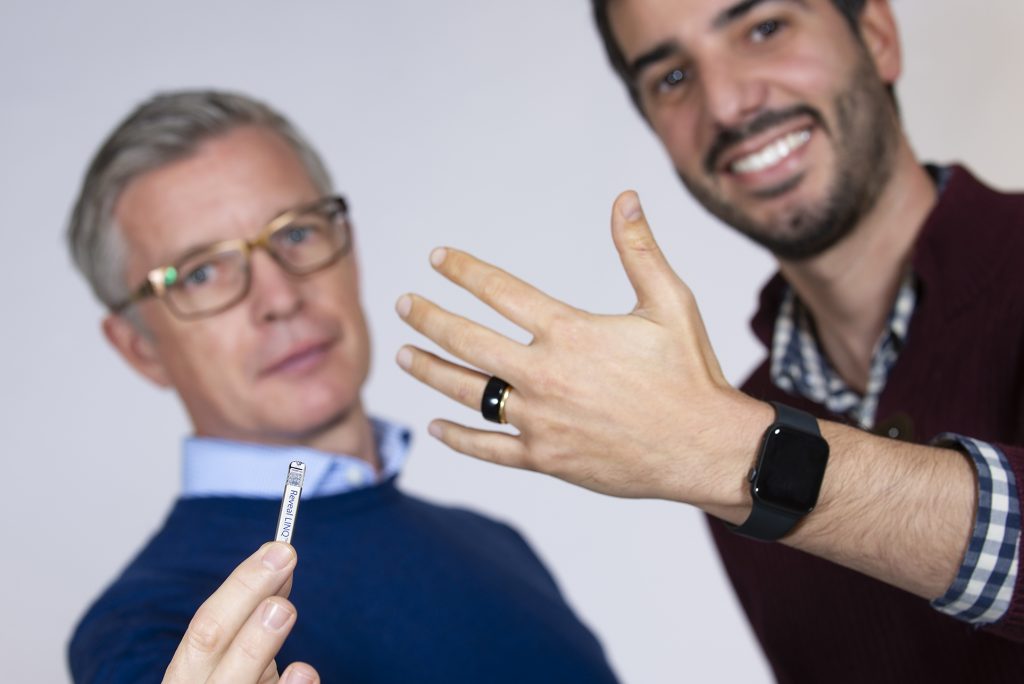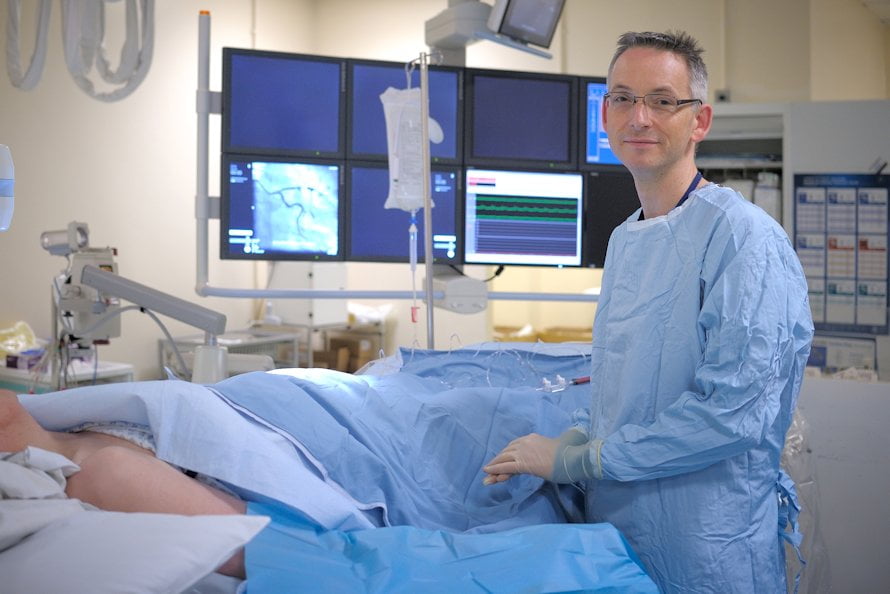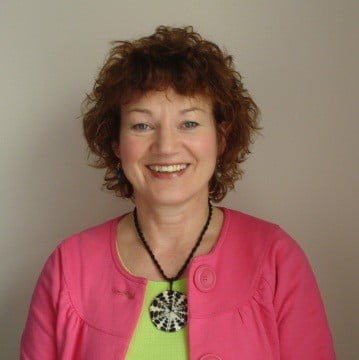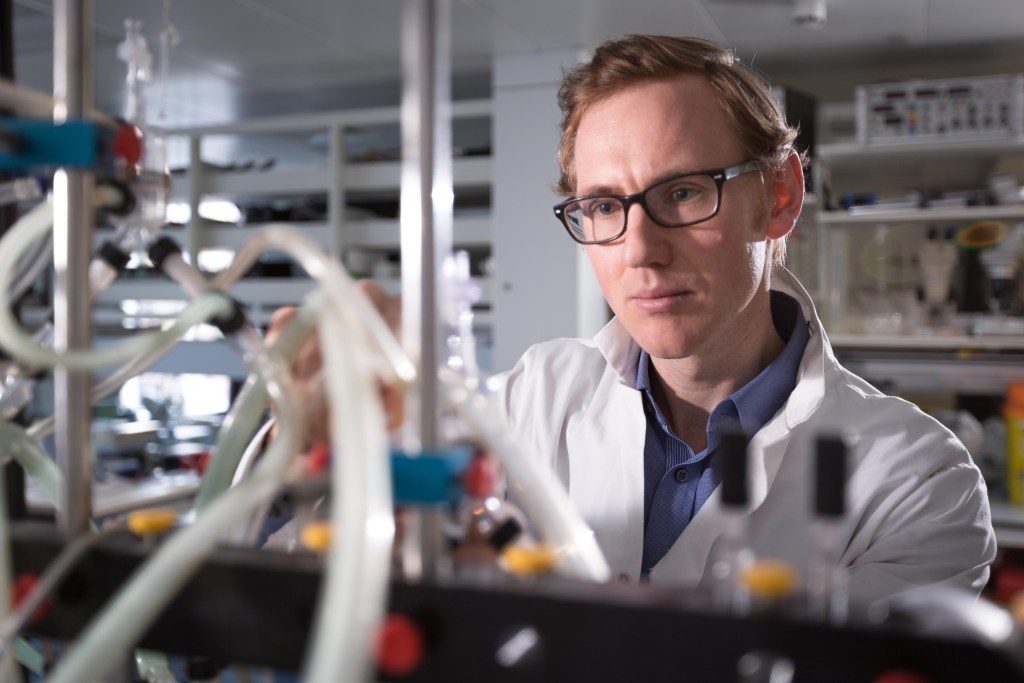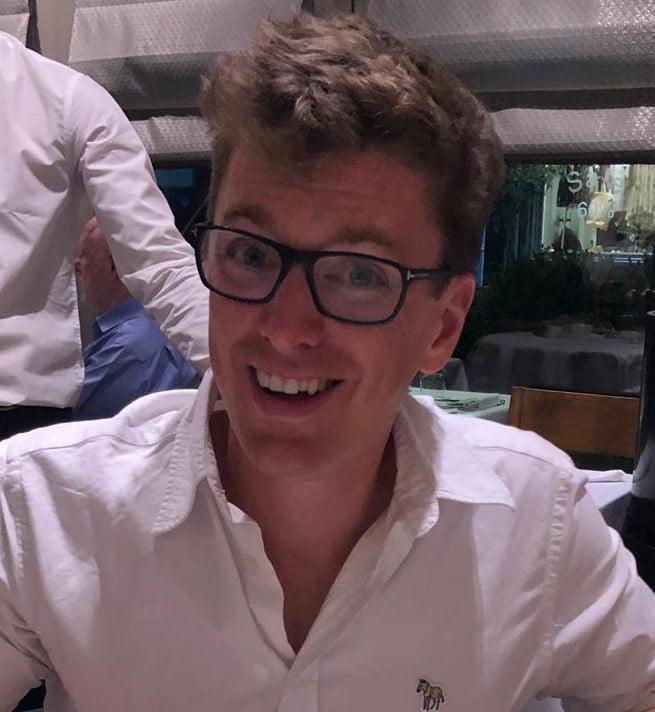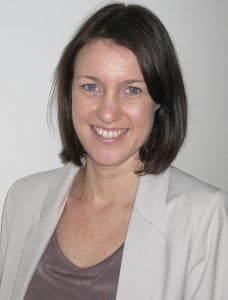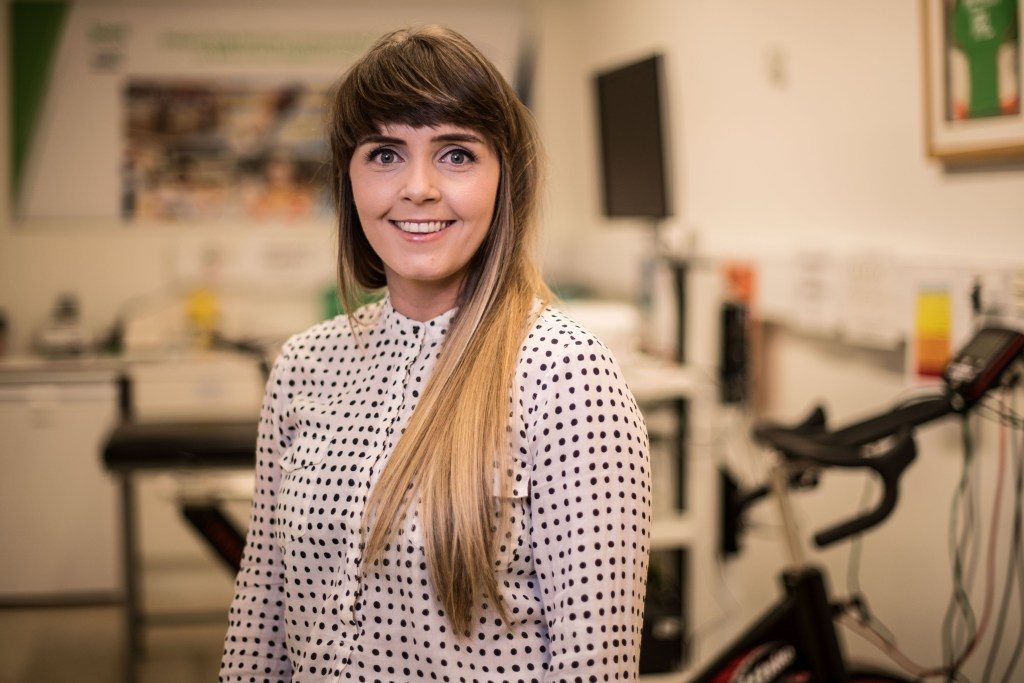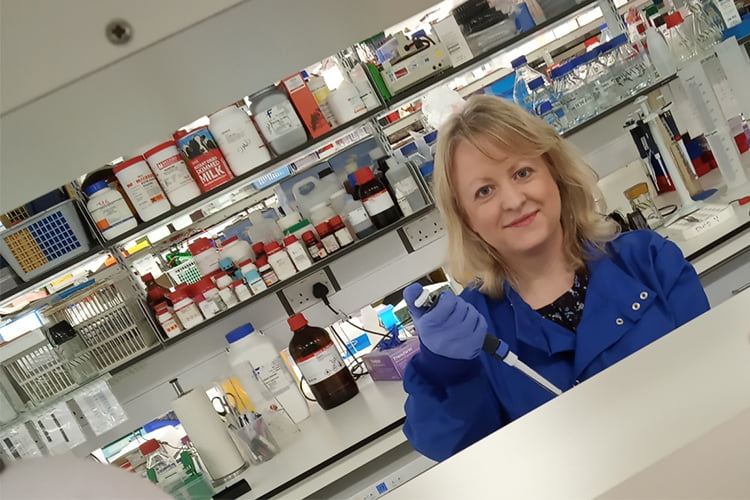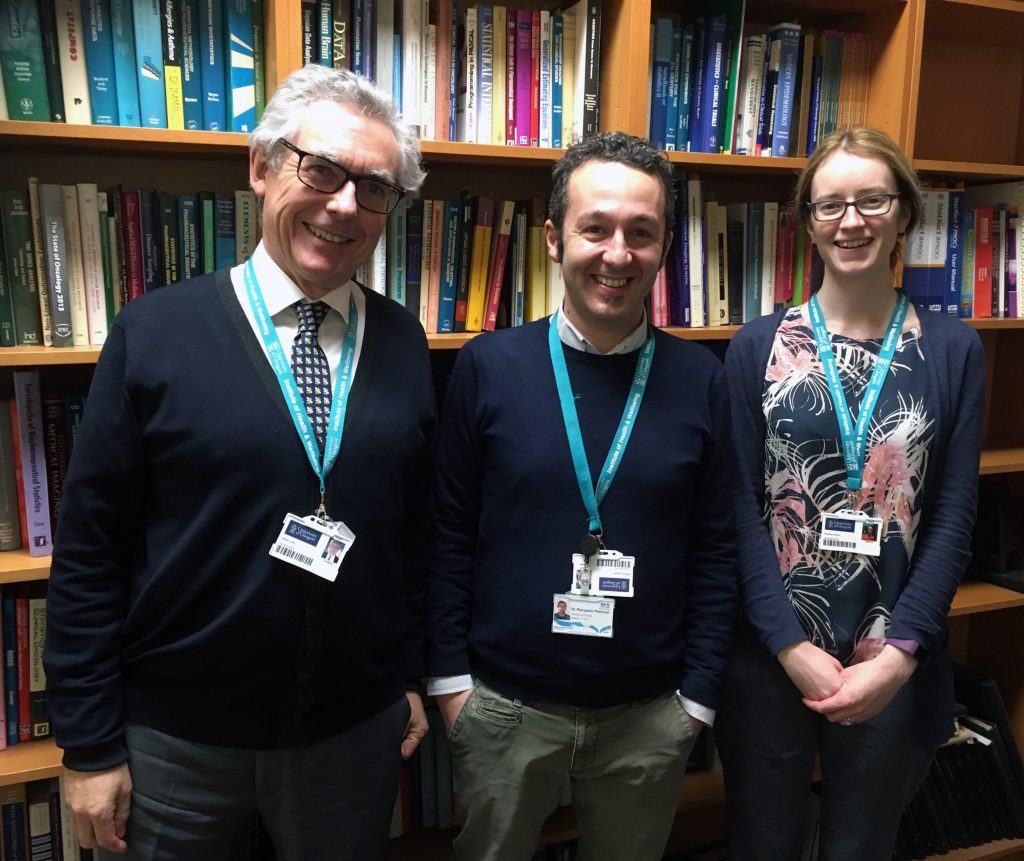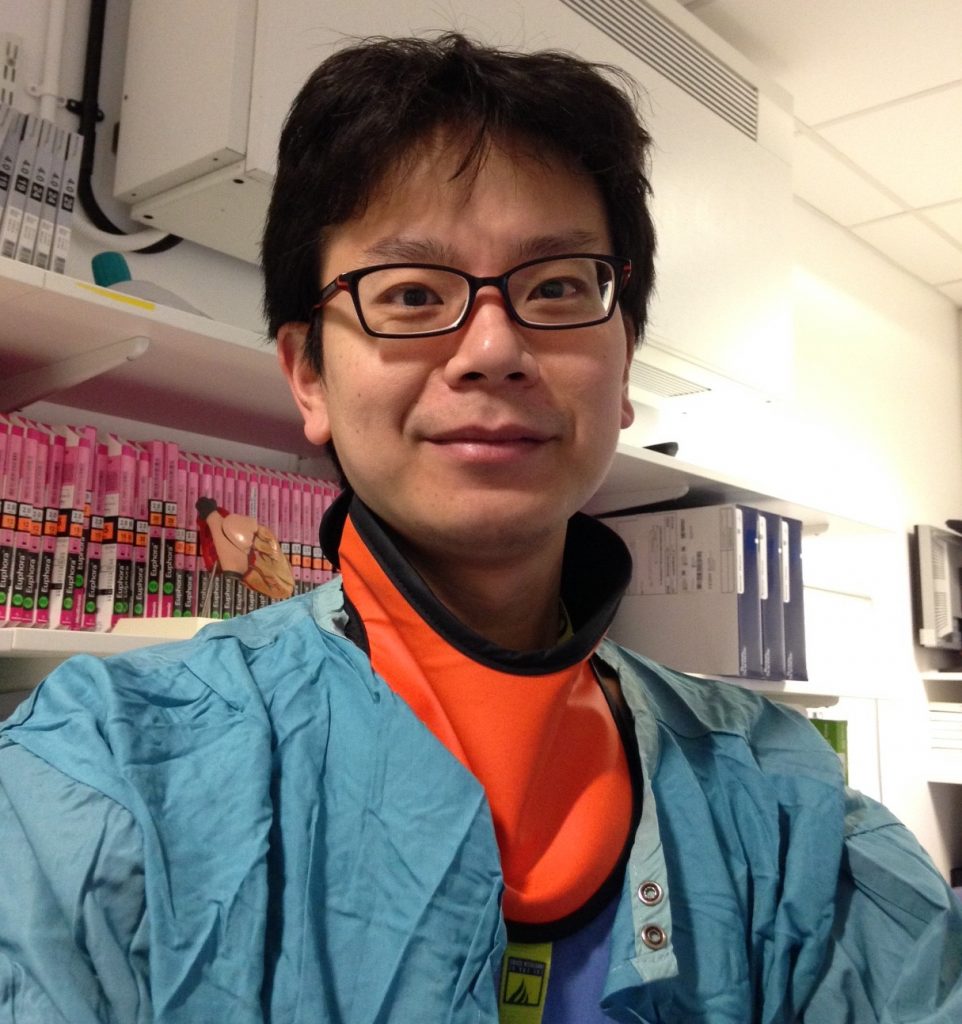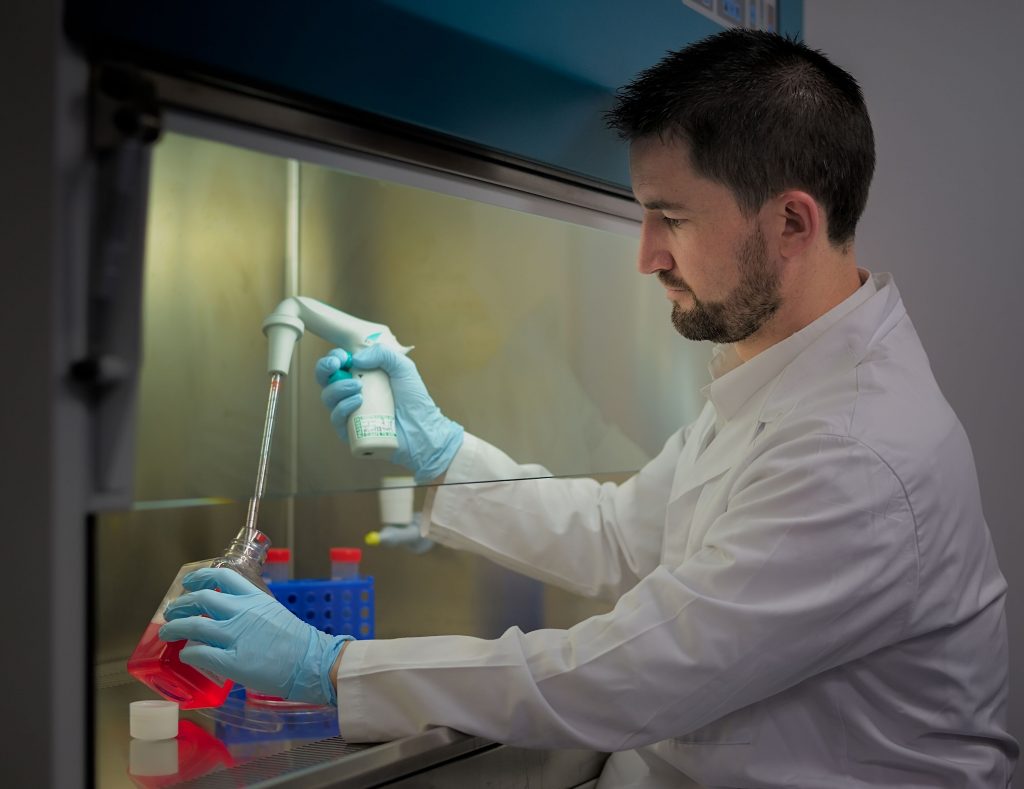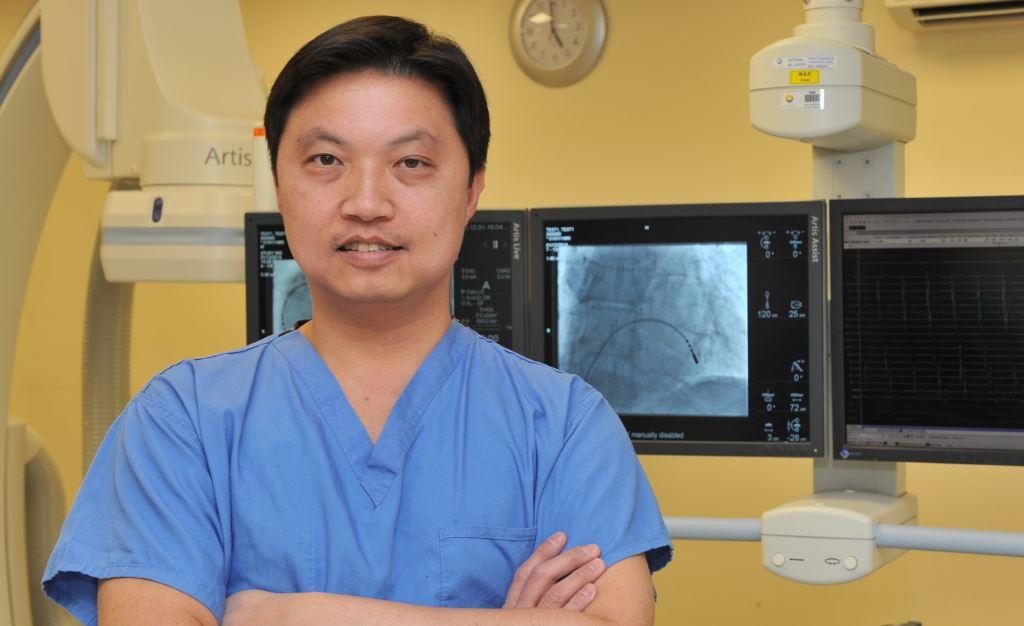Translational Research Project (TRP) Grant
Professor Leah Avery, University of Teesside
Amount: £134,287
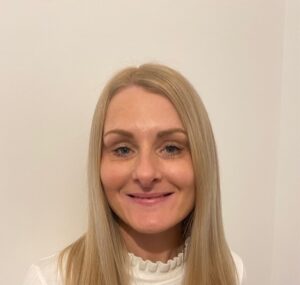
Summary: Physical activity is a crucial component of care for the ~1 million people living with heart failure in the UK. However, only a very small proportion of people fulfil the recommended physical activity guidelines. A new programme, BeActive-HF aims to provide resources and support to people to understand the barriers within cardiac rehabilitation, and subsequently promote physical activity and cardiac rehabilitation uptake. This aims to improve quality of life through decreasing symptoms and hospitalisation for people across the UK with heart failure.
As of 2021, there were 650,000 people registered as living with heart failure in the UK, but estimates suggest the true number could be as high as 920,000. Medical guidelines recommend that people with heart failure should aim to do 150-300 minutes of physical activity each week (the same recommended for the general population), but research has found that, on average, they do less than a third of the recommended amount. Increasing physical activity can improve symptoms of heart failure, reduce the chance of hospitalisation, and improve quality of life.
For the last two years, Professor Avery and her team have worked with patients with heart failure and healthcare professionals to design a new programme for use during outpatient appointments, community visits, and hospital stays. Importantly, this new programme has been designed to provide patients with the information, support and advice they need to consider participation in cardiac rehabilitation and to increase their everyday levels of physical activity before, during and after cardiac rehabilitation.
To design the programme, the team looked at existing research evidence and spoke to patients with heart failure to obtain their views. This enabled them to understand the needs of patients and the challenges they face when advised to be more physically active. Healthcare professionals were also consulted to understand their training needs to better support patients with heart failure to be more physically active. Additionally, six group workshops with patients and healthcare professionals were organised and were used to design the resources within the new programme. The new programme, called BeActive-HF, can work alongside existing cardiac rehabilitation programmes (hospital and home-based) or standalone.
The project aims to find out whether BeActive-HF is considered useful by patients and healthcare professionals. Healthcare professionals will be trained on how to use BeActive-HF and asked to use it with their patients for 12-months. Details will be recorded of how many patients agree to use BeActive-HF, and how many decide to attend cardiac rehabilitation. Interviews will be carried out with patients and healthcare professionals to find out whether they found BeActive-HF easy to use and informative. Interviews will also find out which parts of the programme were most useful and most likely to have made a difference. Patient’s physical actively levels will also be recorded at start and end of the project using a monitoring device called an Actiheart.
This will provide useful information about whether BeActive-HF could help patients with heart failure to be more physically active. Overall findings will provide insights into whether BeActive-HF could be used as part of routine clinical care for patients with heart failure.
